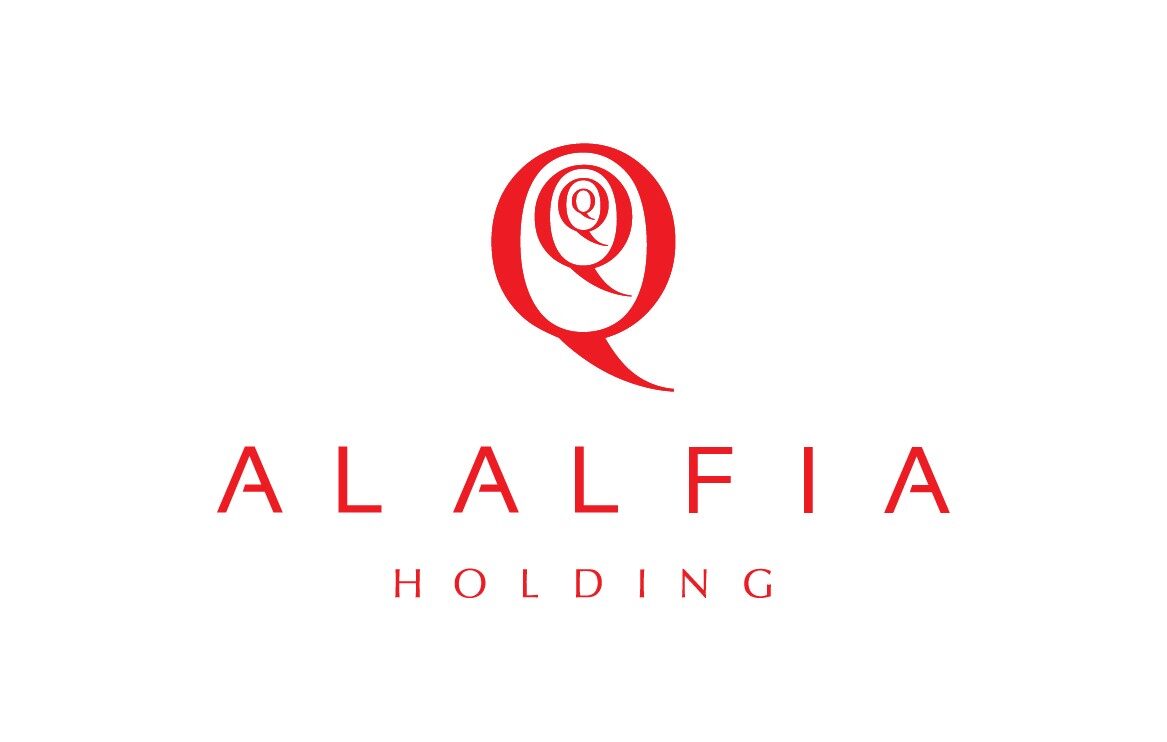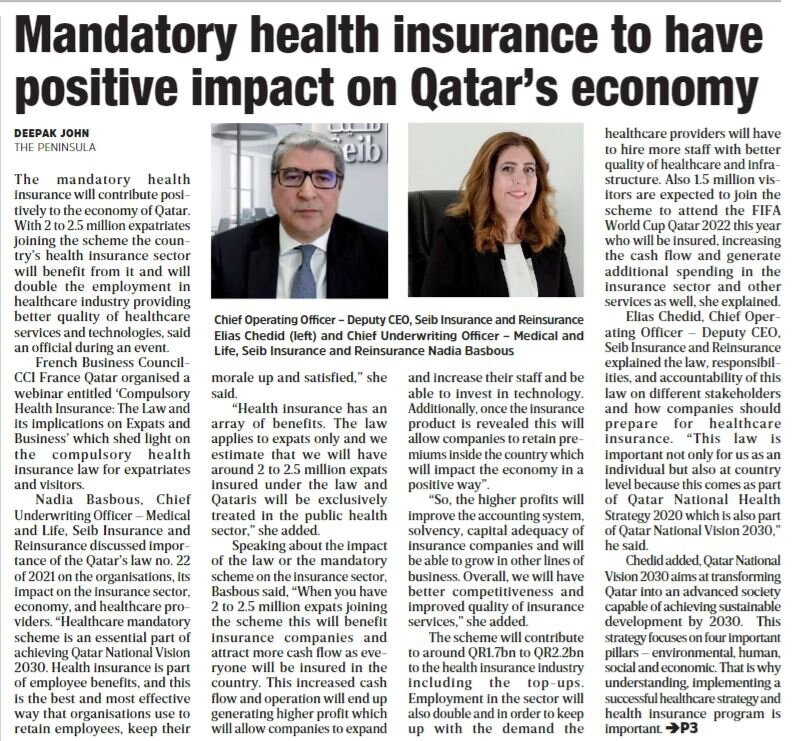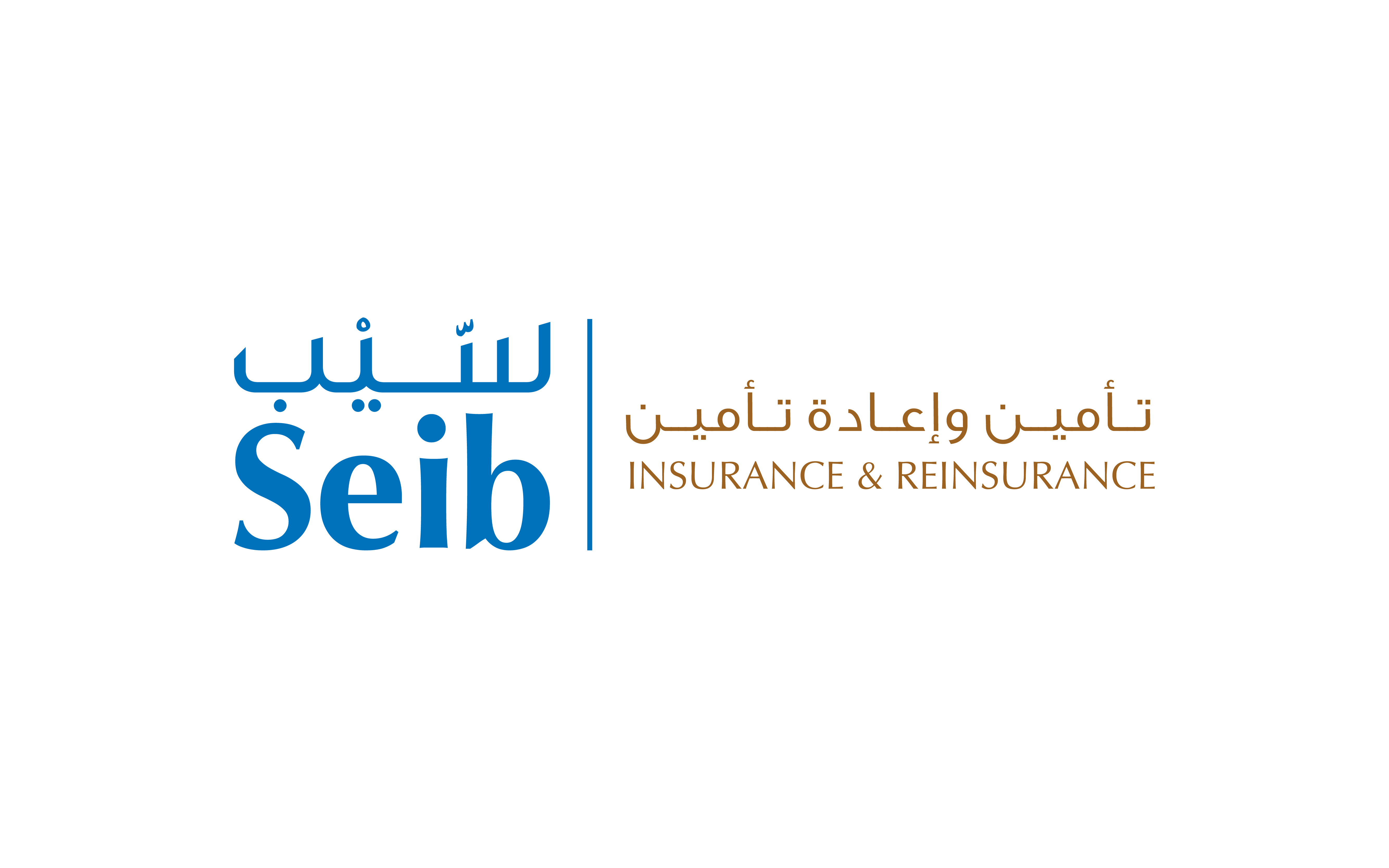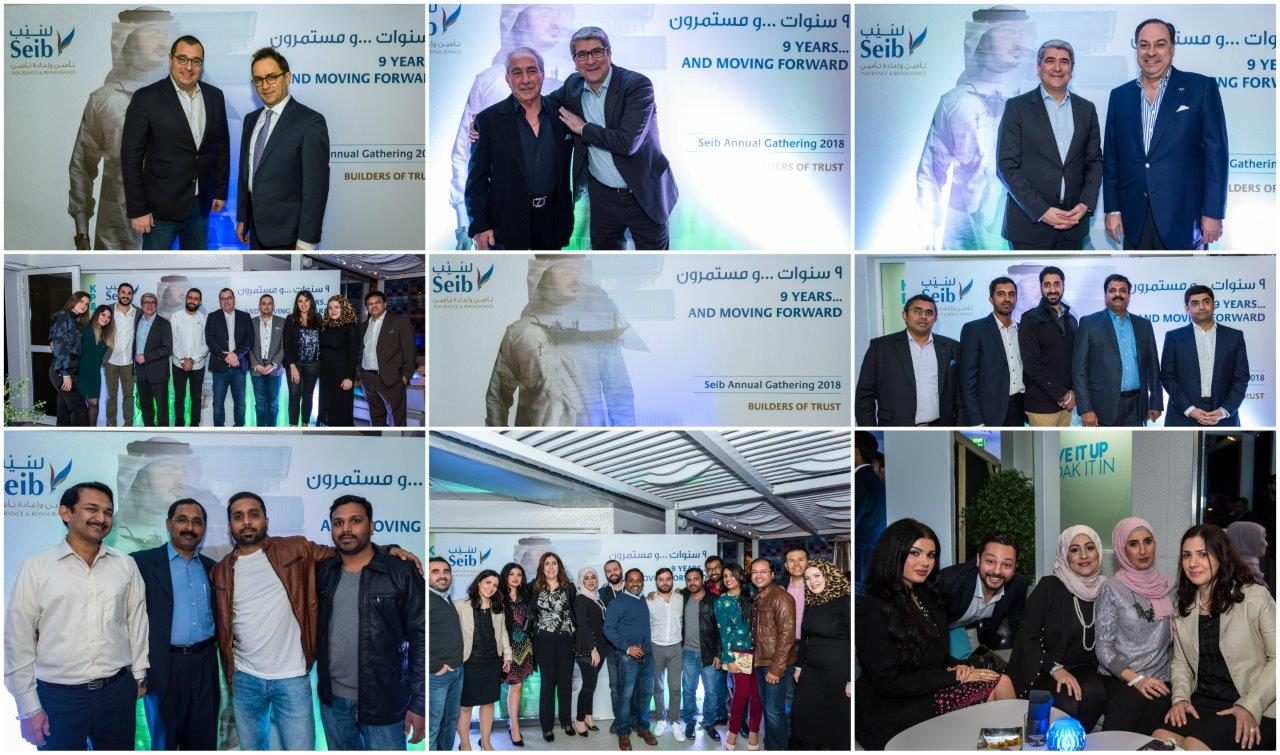Al Alfia holding acquires stake in Seib insurance and reinsurance company
DOHA, Qatar – 22 February 2023: Al Alfia Holding, the prominent Qatari-based investment group, has acquired a minority stake in Seib Insurance and Reinsurance Company LLC, a Qatari company and one of Qatar’s premium insurance providers.
The acquisition of the stake is expected to play a major role by reinforcing Seib’s leading position in the domestic market, and by supporting the continuing expansion of the Qatari insurer’s operations in order to keep pace with the growing needs of its clientele.
Al Alfia Group is keen to partner with Seib Insurance because of its status as a well-performing, first-class company with strong governance, outstanding management, impressive S&P Global ratings, and a sterling reputation across the industry, all of which make Seib a valuable contributor to the development of the Qatari economy, and to progress towards the goals of Qatar’s National Vision 2030.
With this acquisition, Al Alfia Group will be represented on Seib’s Board of Directors, allowing it to actively participate in the trusted insurer’s strategic decision-making.
Commenting on the acquisition, Johnny DeGouveia, Group Chief Operating Officer of Al Alfia Group, said: “As a leading Qatari investment holding group with a robust and diversified portfolio across key growth sectors and markets around the world, Al Alfia is always committed to investing in companies with encouraging performances and promising futures such as Seib Insurance.” He added, “Our partnership with Seib Insurance will serve as a major boost to its overall performance on the one hand, and a boon to the Qatari insurance market on the other. We look forward to enjoying a fruitful, cooperative relationship that will contribute positively to Qatar’s economic development.”
HE Sheikh Jabor Bin Yousef Bin Jassim Bin Jabor Al-Thani, Chairman of the Board of Directors at Seib Insurance, voiced similar optimism. “Seib is proud of this strategic partnership with Al Alfia Group, which will reinforce our position as a reliable insurance company of choice in Qatar,” he said. “As we continue to maintain Seib’s history of encouraging ratings from S&P Global, we are confident that this partnership will accelerate our growth trajectory and improve our business performance.” He added: “We are excited to have Al Alfia Group on the Board of Directors, and we trust that this collaboration will serve the interests of our clients and our shareholders, as well as Qatar’s insurance industry as a whole.”
Founded in 2010, Seib is a Qatari insurance company licensed by the Qatar Financial Centre Regulatory Authority (QFCRA). Seib continuously strives to offer insurance solutions that help develop the trust of corporate and individual customers alike through convenient and easy distribution channels, supported by the largest and most powerful reinsurance companies in the world.
Founded in 2007, Al Alfia is a leading Qatari-based investment holding group with a robust portfolio spread across key growth sectors and markets around the world. The Group is active in infrastructure, real estate, energy, hospitality and communal development, and its direct and indirect investments cover a host of sub-sectors and specializations, including property development and construction, facilities management, oil and gas, specialized manufacturing, financial services, education, and retail. This diverse offering has powered the Group’s expansion into key regional and global markets, with footprints across the Middle East, Africa, Southeast Asia, Australasia, Europe, and North America.
– END –
For media enquiries, please contact:
Mrs. Myriam Abou Haydar






![D85_5478[5]](https://www.seibinsurance.com/wp-content/uploads/2021/03/D85_54785-826x551.jpg)


